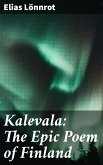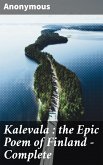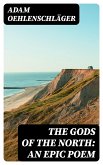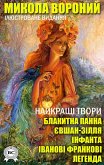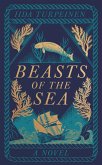Kalevala: The Epic Poem of Finland is a monumental work that serves as both a cultural cornerstone and a literary masterpiece, collecting and reimagining ancient Finnish oral traditions into a cohesive narrative. Elias Lönnrot employs a strikingly lyrical style, employing alliteration and repetition reflective of the oral tradition while weaving together tales of heroism, creation, and the struggles between shamanistic elements and Christian ideologies. The poem not only reflects the rich tapestry of Finnish folklore but also situates itself within the burgeoning nationalistic movements of the 19th century, championing Finnish identity at a time of cultural resurgence. Elias Lönnrot, a physician and philologist, dedicated much of his life to collecting folk songs and oral legends from diverse regions of Finland. His extensive travels across the Finnish countryside and meticulous documentation of these traditions became an integral part of his identity as a scholar. Lönnrot's own experiences with the clash of modernity and tradition deeply informed the themes of Kalevala, as he sought to preserve the vanishing folk culture and assert a sense of national pride amidst growing Russian influence. Kalevala is highly recommended for readers who wish to explore the foundations of Finnish literature and culture. Its vivid imagery and rich storytelling not only captivate the reader but also invite reflection on universal themes of struggle and resilience, making it a timeless work that resonates with audiences around the globe.
Dieser Download kann aus rechtlichen Gründen nur mit Rechnungsadresse in A, B, BG, CY, CZ, D, DK, EW, E, FIN, F, GR, H, IRL, I, LT, L, LR, M, NL, PL, P, R, S, SLO, SK ausgeliefert werden.



